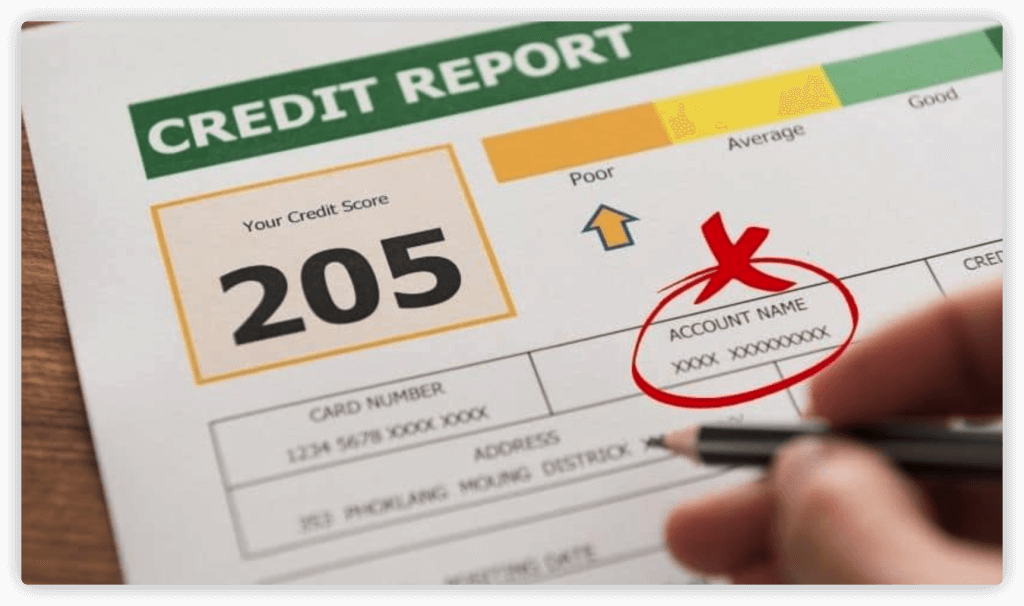
Errors on your credit report can have a negative impact on your credit score and your ability to qualify for loans or credit cards. If you suspect that there is an error on your credit report, it is important to take action to have it corrected. In this article, we will discuss how to dispute errors on your credit report and the steps you can take to protect your credit.
Steps for Disputing Credit Report Errors
If you find an error on your credit report, the first step is to gather supporting documentation. This may include bills, receipts, or other financial documents that can help prove that the error is incorrect.
Next, you will need to contact the credit bureau that is reporting the error. You can do this by phone, mail, or online. When you contact the credit bureau, be sure to provide your name, contact information, and a detailed explanation of the error. You should also include any supporting documentation you have gathered.
The credit bureau will then investigate the error and respond to your dispute within 30 days. If they find that the error is incorrect, they will remove it from your credit report. If they find that the error is correct, they will leave it on your credit report.
If you are not satisfied with the credit bureau’s response, you have the right to file a dispute with the company that provided the information to the credit bureau. This company, known as a “data furnisher,” is required to investigate your dispute and report the results to the credit bureau.
Tips for Protecting Your Credit
In addition to disputing errors on your credit report, there are other steps you can take to protect your credit:
- Review your credit reports regularly: It is a good idea to review your credit reports at least once a year to make sure there are no errors or inaccuracies. You are entitled to one free credit report from each of the three major credit bureaus (Experian, Equifax, and TransUnion) every year. You can request your credit report at annualcreditreport.com.
- Monitor your credit score: Your credit score is a reflection of your creditworthiness and is used by lenders to determine your eligibility for loans and credit cards. It is a good idea to monitor your credit score regularly to make sure it is accurate and to identify any potential issues.
- Protect your personal information: Identity theft is a major concern when it comes to credit. To protect your personal information, be sure to use strong passwords, avoid sharing your personal information online, and be cautious when giving out your personal information to unfamiliar sources.
- Use credit responsibly: To maintain a good credit score, it is important to use credit responsibly. This means paying your bills on time, keeping your credit utilization low, and avoiding taking on too much debt.
Conclusion
Errors on your credit report can have a negative impact on your credit score and your ability to qualify for loans or credit cards. If you find an error on your credit report, it is important to take action to have it corrected. By following the steps outlined in this article and taking steps to protect your credit, you can ensure that your credit report is accurate and maintain a strong credit score.
